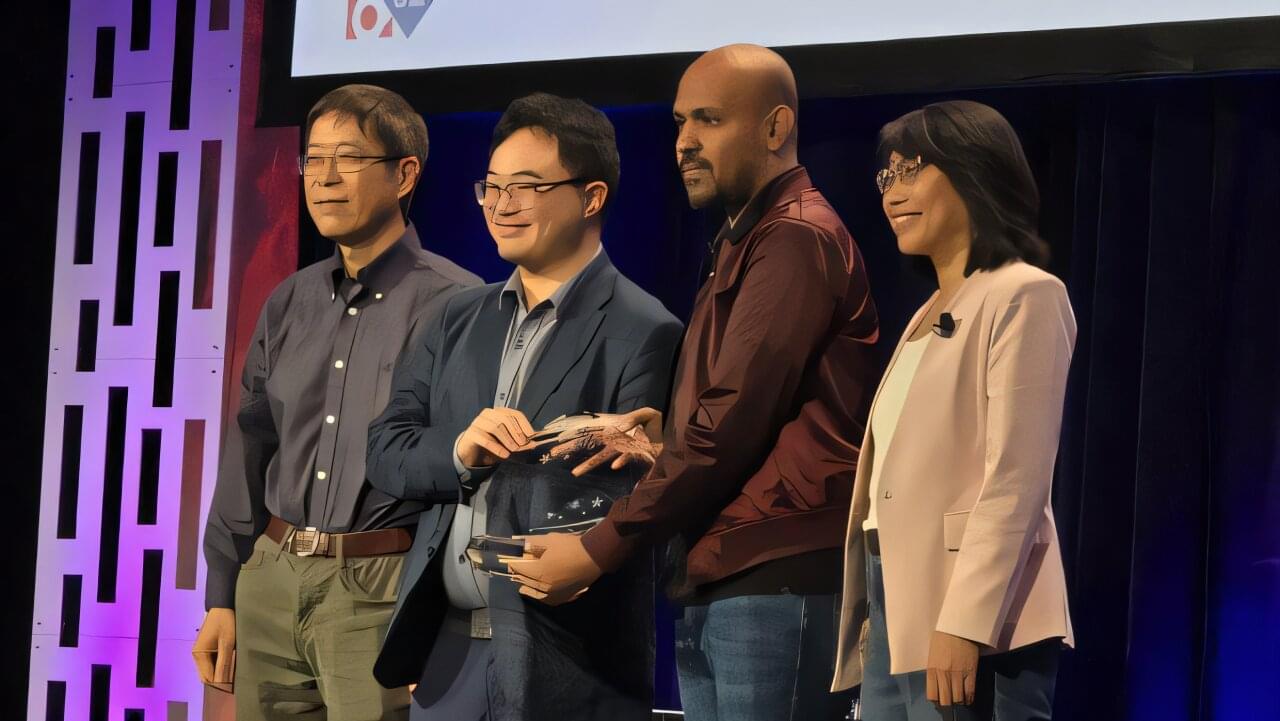The open benchmark competition will evaluate the ability of AI-powered virtual cell models to generalize to new cell contexts for therapeutic applications.
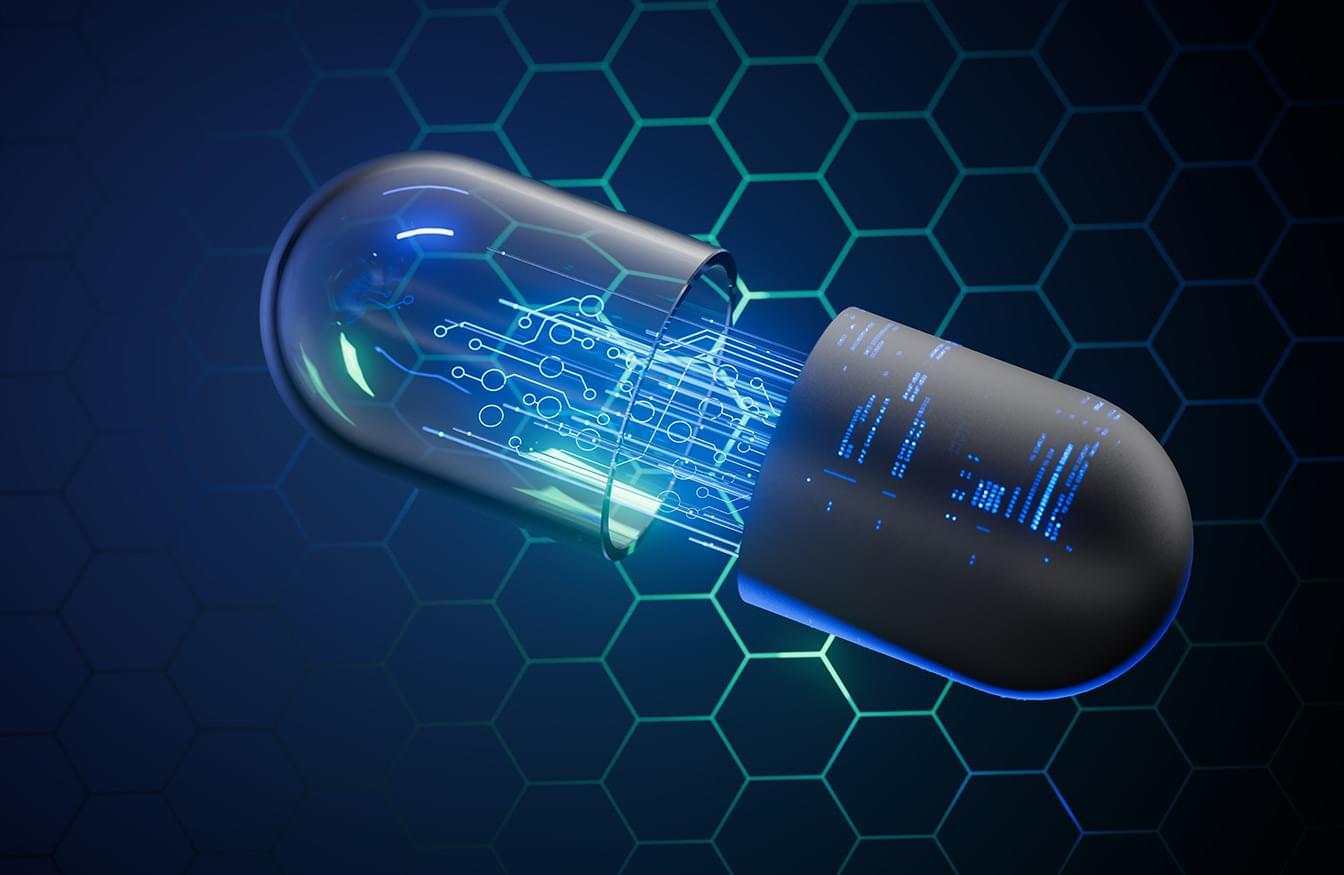

Berkeley unveils a $5K open-source humanoid robot built from 3D-printed parts, empowering anyone to learn, build, and customize robotics.
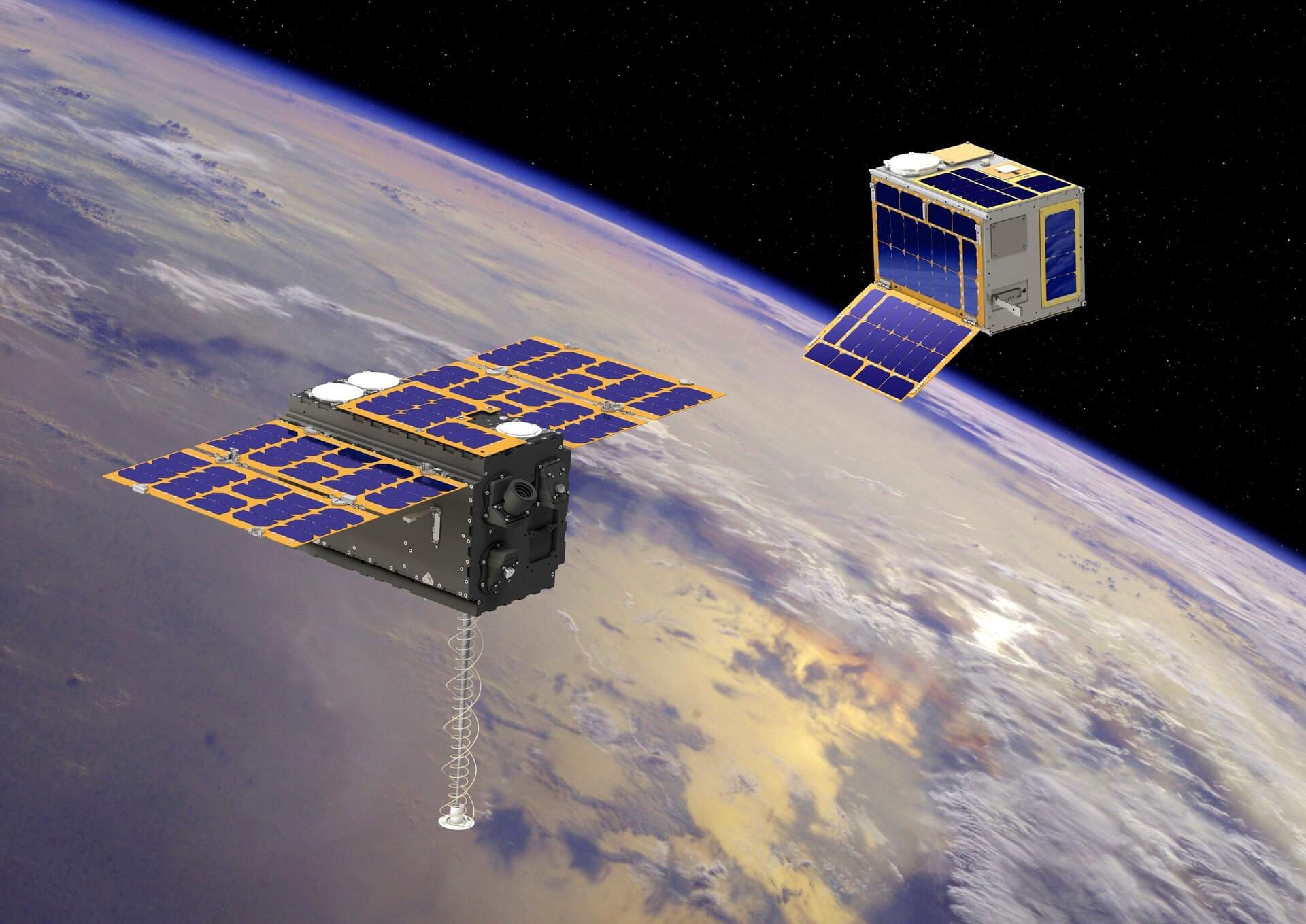
WASHINGTON — Rocket Lab will launch a pair of European navigation technology demonstration satellites, as Europe again is forced to look outside the continent for launch services.
Rocket Lab announced June 25 it received a contract from the European Space Agency for the launch of two smallsats to test a proposed future low Earth orbit positioning, navigation and timing, or LEO-PNT constellation. Rocket Lab will launch the satellites on an Electron from its New Zealand launch complex no earlier than December.
The Pathfinder A satellites, one built by GMV and the other by Thales Alenia Space, are the first for a 10-satellite constellation intended to demonstrate LEO-PNT. The satellites will be launched into orbits of 510 kilometers.


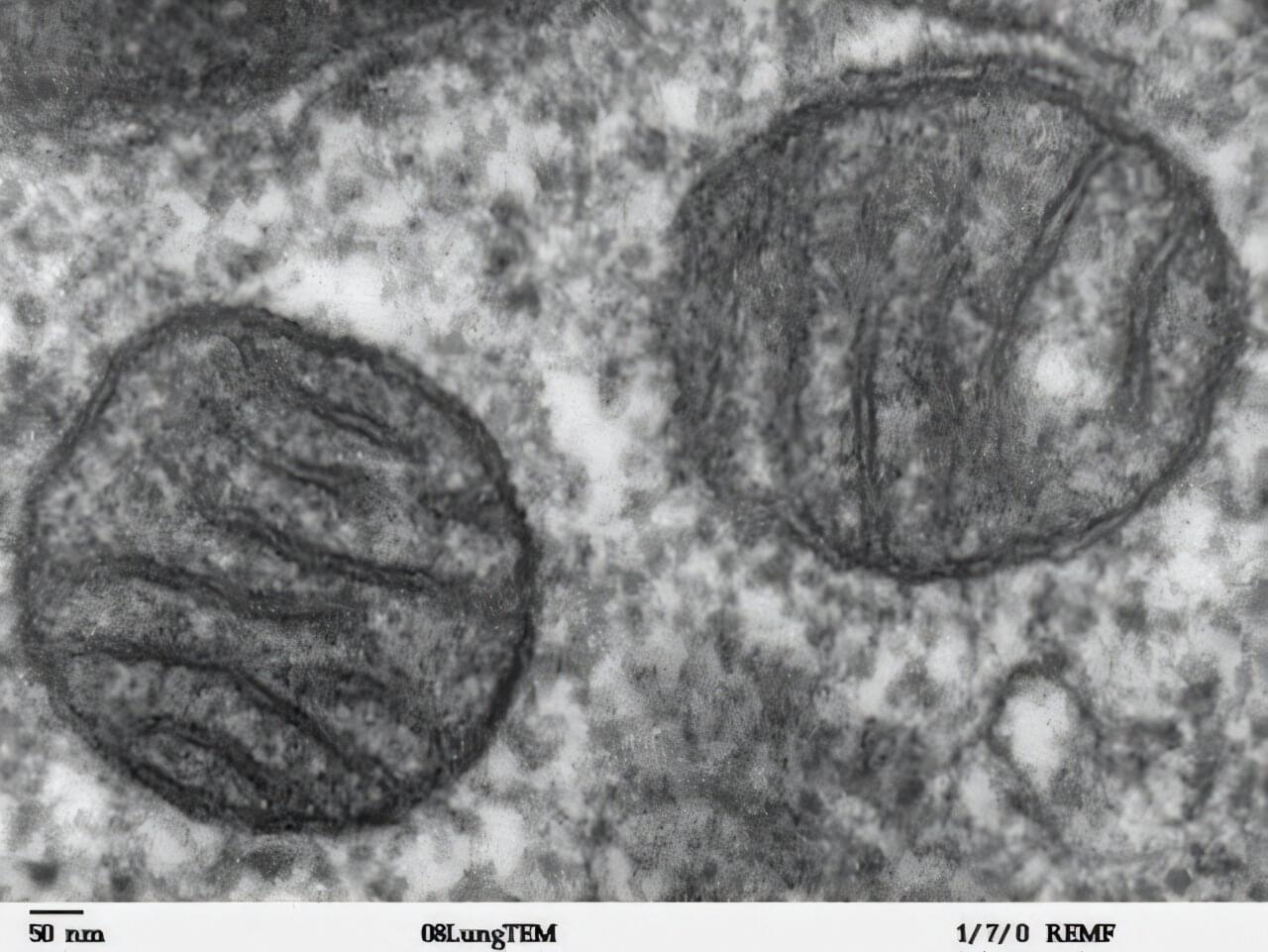
Researchers have discovered that the most aggressive melanomas, the deadliest form of skin cancer, overactivate two key processes in mitochondria, the components of cells that provide energy. Blocking these pathways with currently available drugs effectively killed melanoma cells.
The findings are published in Cancer.
By mapping the proteins expressed in 151 tumor and normal skin samples, investigators found that the most aggressive melanomas hyper-activate the machinery that builds mitochondrial proteins and the mitochondrial system that turns nutrients into energy.

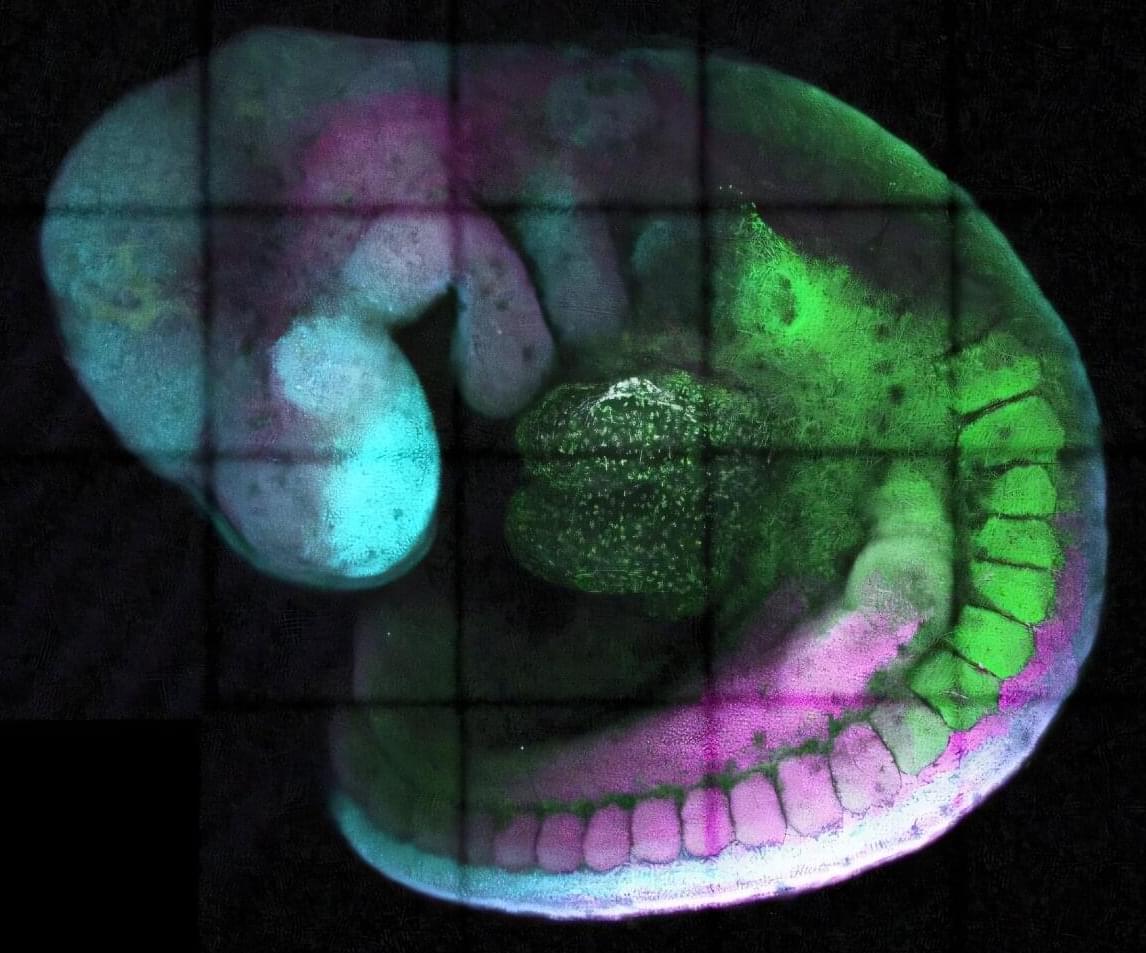
A team of scientists at the MRC Laboratory of Medical Sciences (LMS) has uncovered a previously unknown mechanism that controls how genes are switched “on” and “off” during embryonic development. Their study sheds light on how diverse cell types are produced in developing embryos.
The research, published in Developmental Cell, was led by Dr. Irène Amblard and Dr. Vicki Metzis from the Development and Transcriptional Control group, in collaboration with LMS facilities and the Chromatin and Development and Computational Regulatory Genomics groups.
All cells contain the same DNA but must turn specific genes ‘“on” and “off”—a process known as gene expression—to create different body parts. The cells in your eyes and arms harbor the same genes but “express” them differently to become each body part.

“This collaboration will not only position Texas Tech to address the evolving demands of the energy and technology sectors, but will also create meaningful educational opportunities for our students and research possibilities across many disciplines,” said Texas Tech University President Lawrence Schovanec.
In addition to internships and training programs, the project includes a dedicated academic and research facility with classrooms, offices and conference space for students and faculty across the university system.
Fermi America has also pledged to support a long-term excellence fund to advance research, promote academic priorities and expand student success initiatives throughout all five institutions in the Texas Tech University System.
